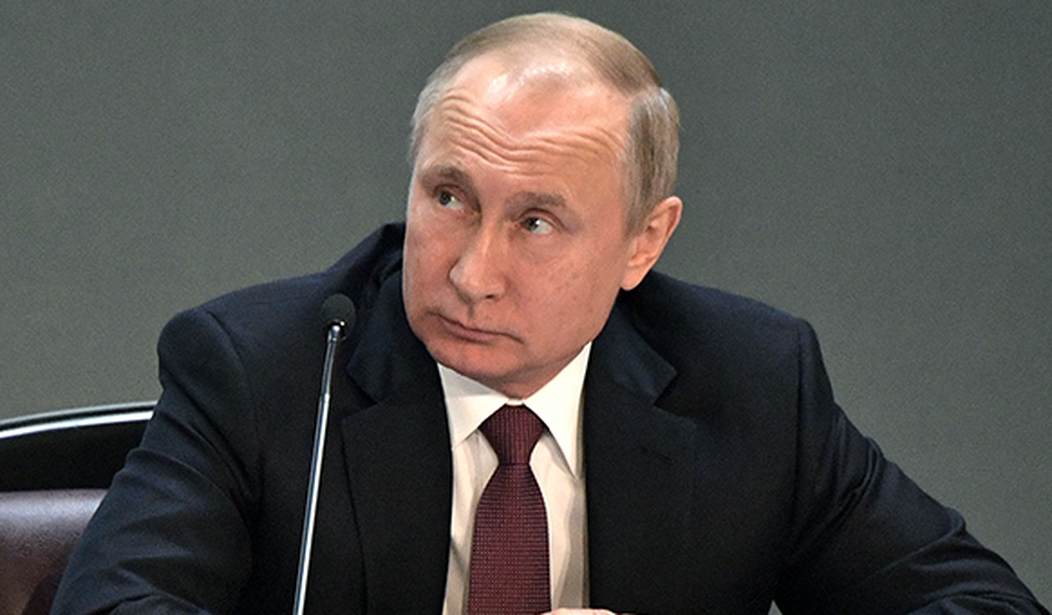With little more than scolding and some finger-wagging from President Biden and Secretary of State Blinken to act as a deterrent to a seemingly inevitable Russian invasion of Ukraine, NATO placed forces on standby and positioned more resources — including military ships and fighter jets — in eastern Europe on Monday.
Russia, of course, denounced the move as "hysteria" and accused western nations of "escalating" the situation when in fact Russia has been the one threatening Ukrainian sovereignty by amassing troops and military equipment on its border with Ukraine. At the same time, Putin's regime has been actively undermining Ukraine's governance by engaging in physical and cyber espionage, waging a disinformation campaign, and working to empower Russia-allied separatists within Ukraine.
Joining Fox News on Monday morning, Rep. Michael Waltz (R-FL) explained the situation and what Putin is attempting with his hostility toward Ukraine. "It's very likely that Putin is going to invade," Waltz noted. "That means that it can destabilize Europe," something Putin has sought to do in order to "reconstitute the old Soviet Union and challenge the United States on the world stage."
The timing of Putin's aggression may even match with Russia's M.O. for previous invasions of its neighbors. As Jennifer Griffin noted, Russia is reported to be undertaking joint exercises with Belarus next month that may serve as a kind of "dress rehearsal" for an invasion of Ukraine. Those exercises are planned to end later next month, the same day that the Winter Olympic Games in Beijing conclude, setting up a potential repeat of Russia's 2014 invasion of Crimea that began shortly after the Sochi Winter Games ended that year.
Recommended
Notable timing that Russia’s purported military exercises in Belarus, which many see as dress rehearsal for invasion of Ukraine from north, end Feb 20, same day Beijing Olympics end. Putin invaded Crimea just after Sochi Olympics in 2014.
— Jennifer Griffin (@JenGriffinFNC) January 24, 2022
Citing a report from the Atlantic Council, Griffin pointed to the small window of time in which conditions are most favorable for Russia to launch a ground invasion due to "sub-zero temperatures and frozen ground" that make moving heavy armor easier. This year, warmer weather has prevented a hard freeze yet, but there are still several weeks until things begin to thaw out that fits with Griffin's mention that an invasion may come after the conclusion of the Beijing Olympics and before things begin thawing out.
From Atlantic Council: Look out for sub-zero temperatures and frozen ground for heavy armor …there is a short window before the normal March thaw. The ground is not fully frozen yet due to a mild winter; that only gives the Russians a maximum of one to two months until March.
— Jennifer Griffin (@JenGriffinFNC) January 24, 2022
As Katie reported Sunday, Biden is considering sending U.S. forces to the region to act as a last-ditch deterrent against Putin's aggression, but it may be too little, too late to threaten such a deployment. The State Department has already issued travel warnings urging U.S. citizens in Ukraine to leave the country, and some diplomatic staff in Kiev received notice that they and their families should begin evacuating Ukraine's capital.

























Join the conversation as a VIP Member